Men at work: AW17 at London Fashion Week Men's
Streetwear was high on the agenda as designers prioritised the accessible over the eccentric
A free daily email with the biggest news stories of the day – and the best features from TheWeek.com
You are now subscribed
Your newsletter sign-up was successful
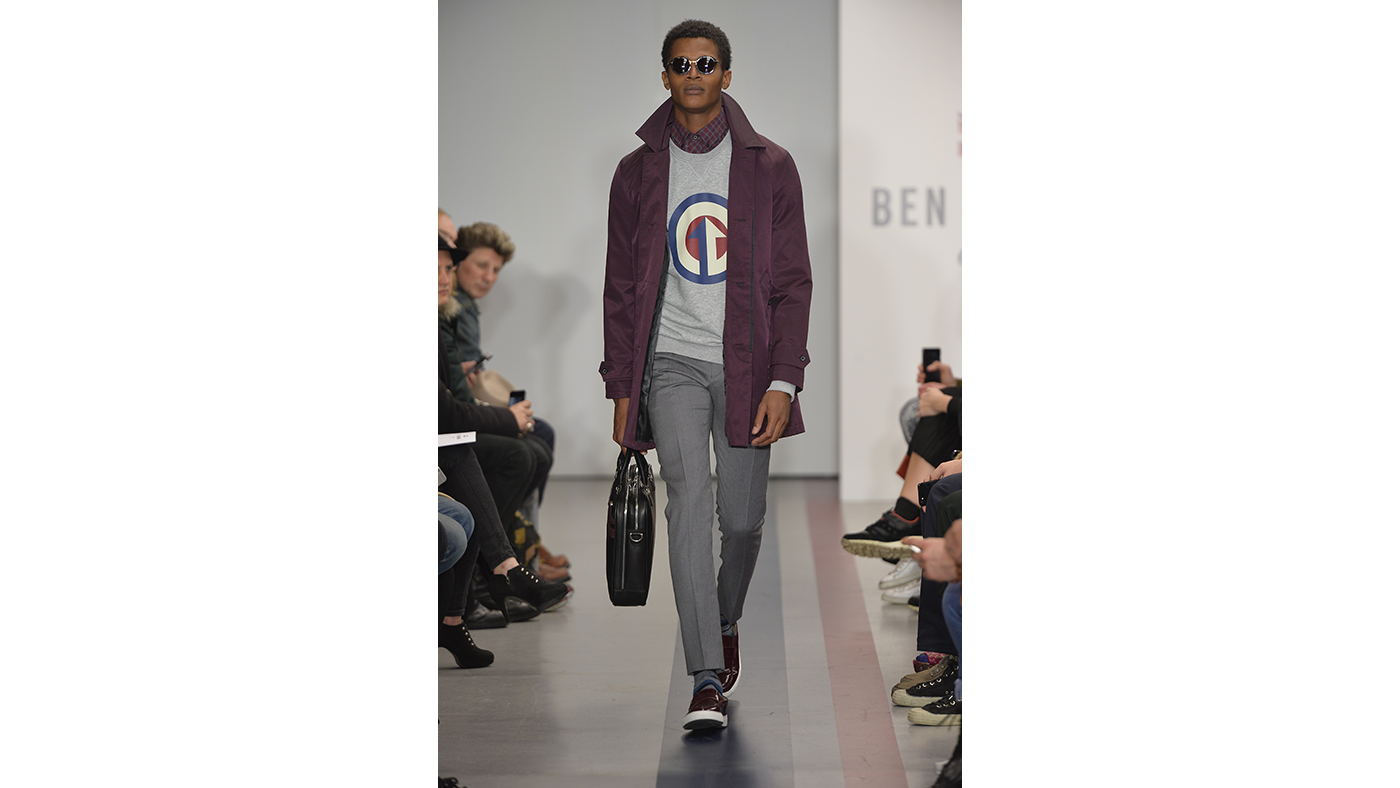
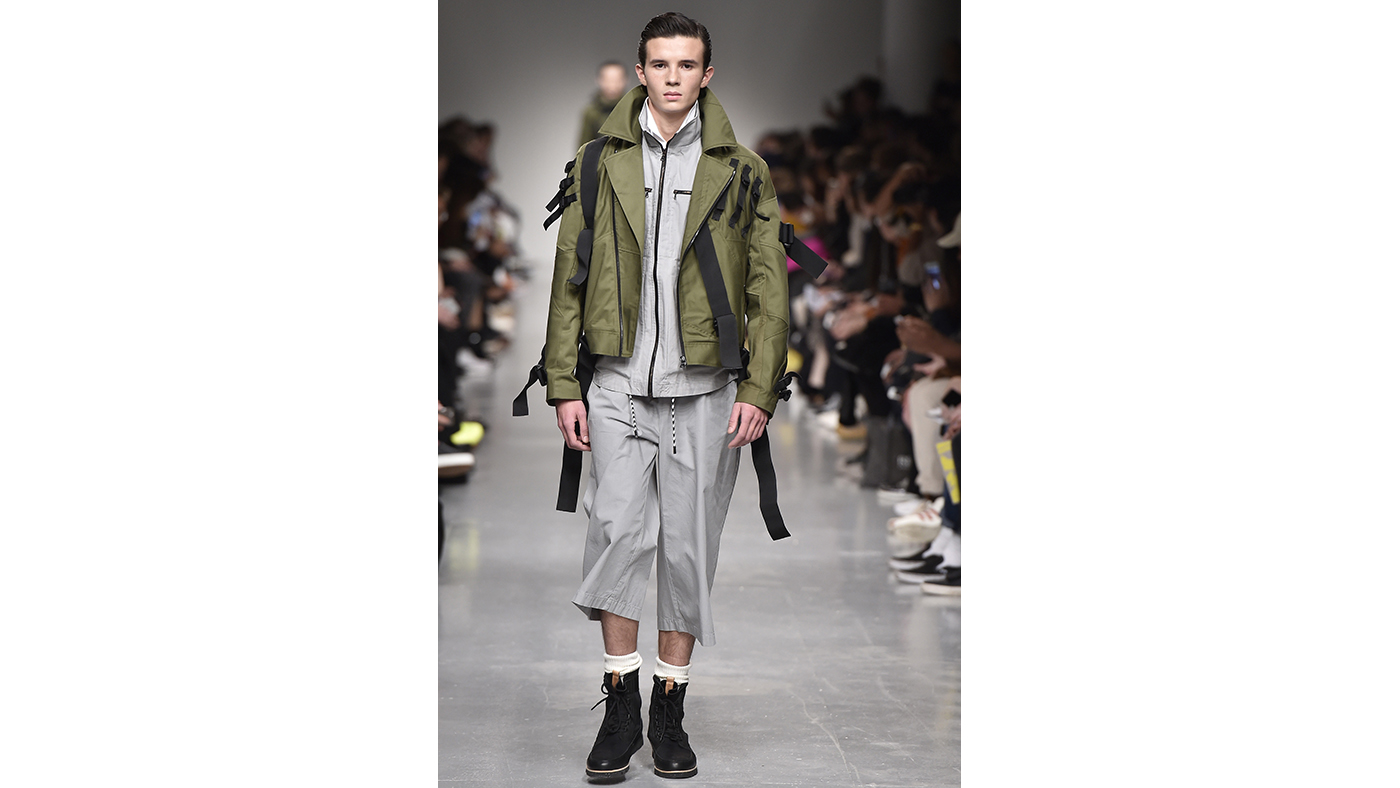

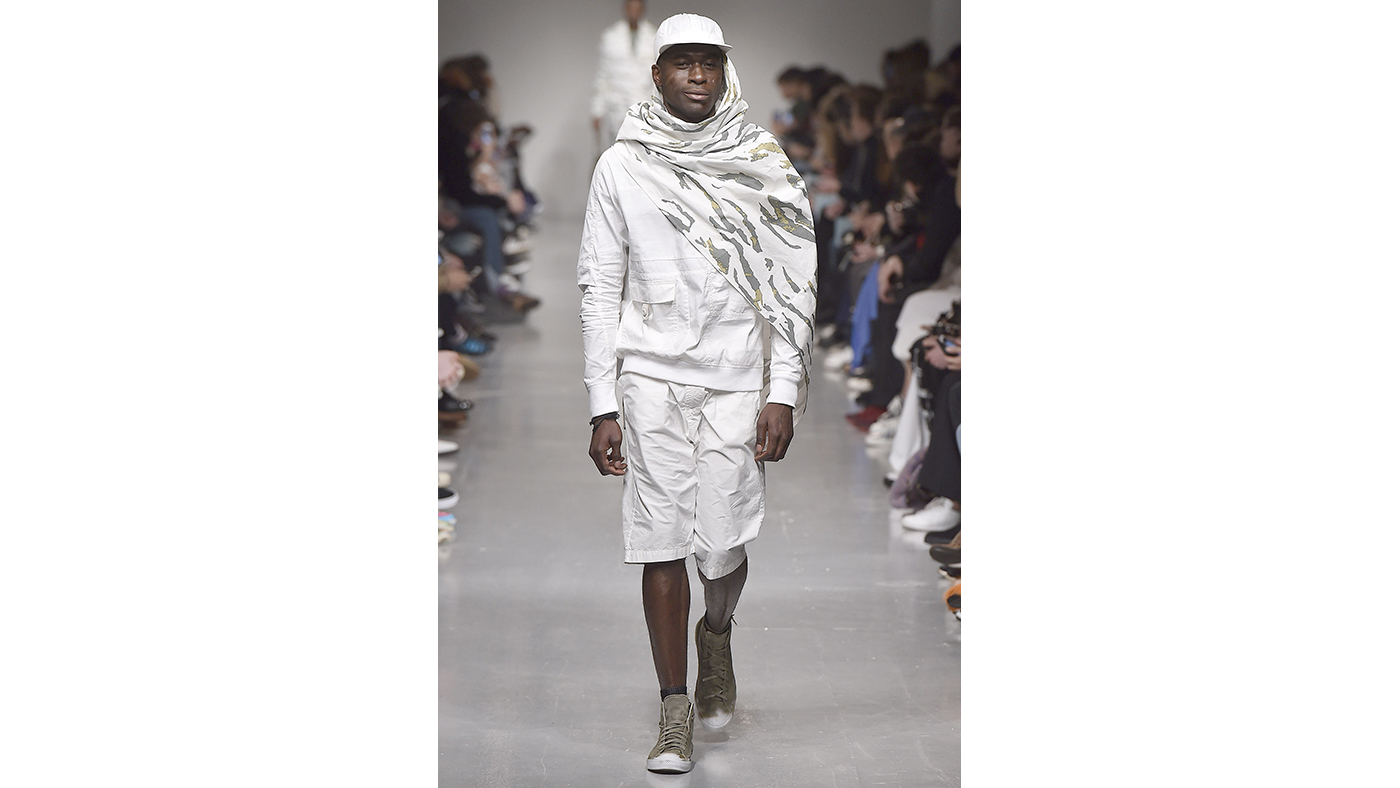
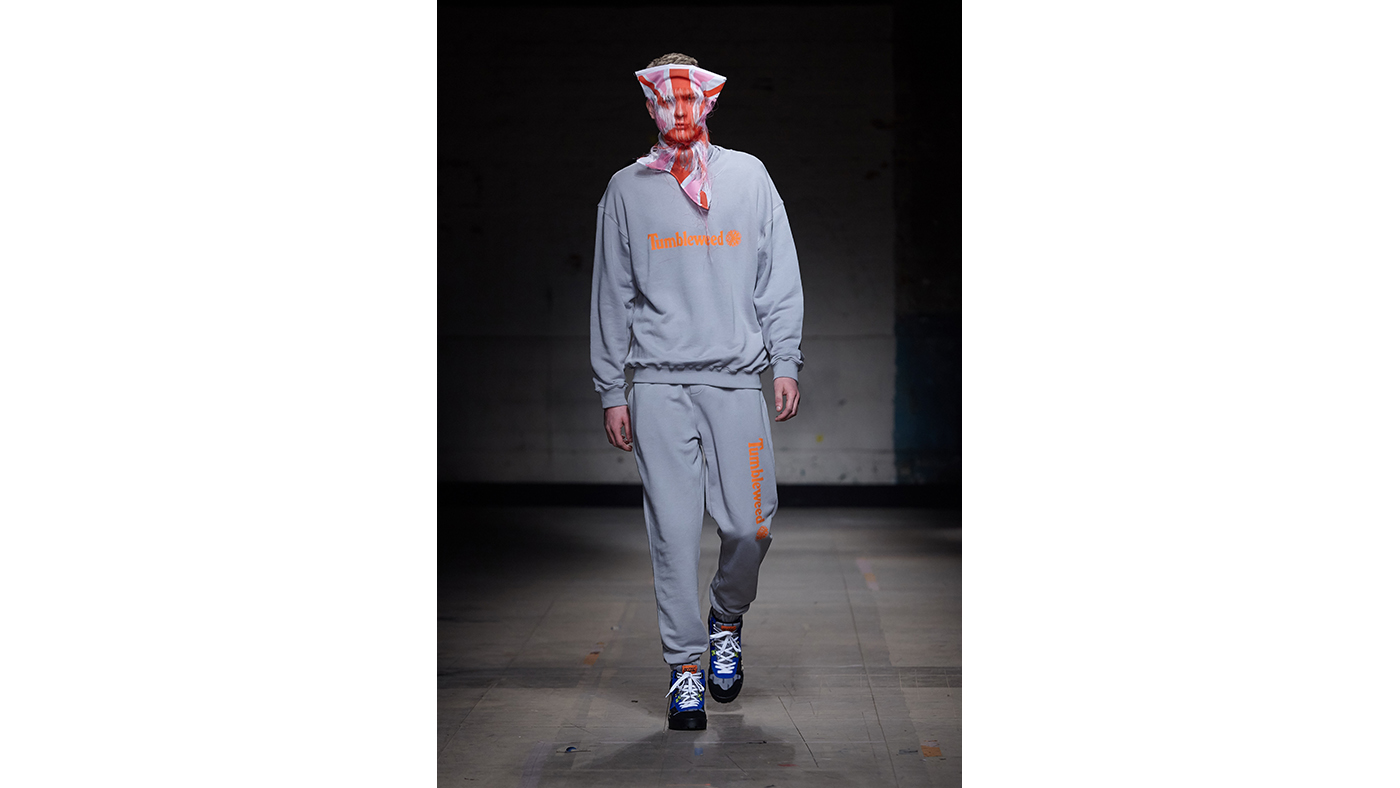
Britain's fashion world took a double beating last year, with Brexit potentially crippling all aspects of the industry, whether supply chain or manufacturing, and Burberry announcing its withdrawal from London Collections Men – or London Fashion Week Men's (LFWM), as it's been torturously rebranded. Indeed, the future of LFWM itself was in question, amid talk it had more filler than killer and needed streamlining.
Six months on, the event has revealed its divisions, with the older hands steering away from catwalk shows in favour of more sedate and more affordable presentations (albeit with the likes of Chris Modoo's reborn Chester Barrie bringing in a "see now, buy now" policy). But it also remains an important four days for capturing the essence of, if not fashion's big guns, then the UK's up-and-coming talents.

Focus your attention and the work on show was rewarding, especially from designers who tempered excesses in favour of more wearable garb, less creatively expressive perhaps, but more in line with what most men actually want. Perhaps this is why the likes of Hypebeast sing the praises of Christopher Raeburn, whose garments, constructed of organic textiles and recycled army surplus material, were pure function. "Bold outerwear pieces constructed of old British military bomb disposal suits stole the show," it says of the designer, who, year after year, makes one of the event's biggest bangs.
The Week
Escape your echo chamber. Get the facts behind the news, plus analysis from multiple perspectives.

Sign up for The Week's Free Newsletters
From our morning news briefing to a weekly Good News Newsletter, get the best of The Week delivered directly to your inbox.
From our morning news briefing to a weekly Good News Newsletter, get the best of The Week delivered directly to your inbox.

Bulgarian designer and Central Saint Martins graduate Kiko Kostandinov likewise had modern workwear on his mood board. Elsewhere, a tartan-clad Oliver Spencer, combative Maharishi, artfully slouchy E Tautz and ever-arresting Casely-Hayford were similarly praiseworthy for finding a fresh angle on tried and tested cuts. The Fashionisto was even ready to give a nod to Ben Sherman looking to "mod style for chic inspiration", which is arguably what the label has always done.

Praiseworthy to some, if not to all, Graeme Gaughan's moody, 90s-inflected pieces from Tourne de Transmission are "wearable, if unchallenging, collection", Women's Wear Daily says.
Indeed, LFWM seemed perhaps to highlight what is, in menswear in general, becoming an entrenched frontline between the accessible – harder than it looks to pull off – and the avant-garde. The Business of Fashion, for example, rightly acclaimed Craig Green's latest collection precisely for, as is his method, taking the established tropes of the male wardrobe and deconstructing them – smart suiting reimagined as fisherman's smocks and quilted jackets as modern armour offering "clothes to strike a cord... fearless in their conception".

What, too, to make of the exploding paint-box of a collection from the undoubted menswear talent that is Lou Dalton? Or Katie Eary's Pucci-esque prints and silky pyjama-inspired cuts? Both seem to speak of more positive, upbeat times - hopefully to come, rather than past. They're a long way off if the mood of Christopher Shannon's collection is anything to go by, which was described by The Guardian as "a highlight" of London's men's shows and as "a tiny bit aggressive and a bit p**** off" by the designer himself. The models wore Shannon's staple modern streetwear – neon hoodies, combat pants, boxy denim jackets, some bearing parodies of the big corporate names more of us have perhaps come to be suspicious of: for Timberland read "Tumbleweed", for Boss International read "Loss International". They also wore shredded flags on their faces, including that of the EU. Brexit be damned.
A free daily email with the biggest news stories of the day – and the best features from TheWeek.com
JOSH SIMS writes for the Financial Times, The Independent, Wallpaper and Esquire
-
 Local elections 2026: where are they and who is expected to win?
Local elections 2026: where are they and who is expected to win?The Explainer Labour is braced for heavy losses and U-turn on postponing some council elections hasn’t helped the party’s prospects
-
 6 of the world’s most accessible destinations
6 of the world’s most accessible destinationsThe Week Recommends Experience all of Berlin, Singapore and Sydney
-
 How the FCC’s ‘equal time’ rule works
How the FCC’s ‘equal time’ rule worksIn the Spotlight The law is at the heart of the Colbert-CBS conflict
-
 Why more men are wearing jewellery
Why more men are wearing jewelleryIn Depth Pop culture is boosting interest in earrings and necklaces, alongside classic tie pins and lapel pins
-
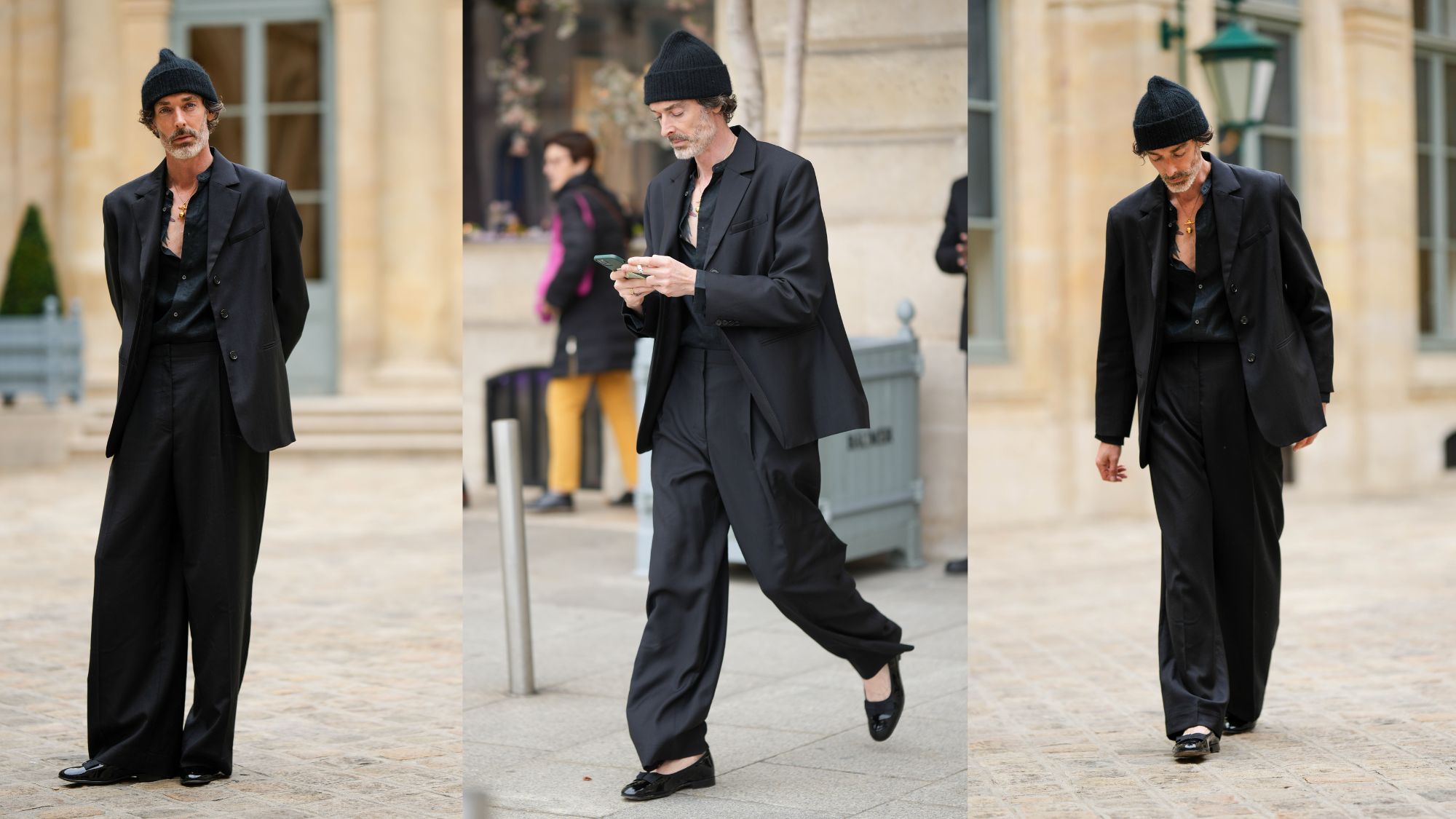 Ballet flats: the new men's fashion must-have?
Ballet flats: the new men's fashion must-have?Talking point 'Sleek, barely there footwear' is blurring traditional gender divisions
-
 Last minute Christmas gifts for menswear lovers
Last minute Christmas gifts for menswear loversIn Depth The best holiday season presents for the gentleman in your life
-
 Fashion designer Kim Jones: Transforming Dior
Fashion designer Kim Jones: Transforming DiorIn Depth English fashion designer Jones has applied his Midas touch to Dior menswear
-
 Best foot forward: men’s winter footwear round-up
Best foot forward: men’s winter footwear round-upSpeed Read For guaranteed style in the colder months and beyond, choose one, or perhaps two, pairs of these elegant, practical shoes
-
 Top form: Polo Ralph Lauren
Top form: Polo Ralph LaurenSpeed Read The American fashion designer's most famous garment conveys an air of casual sophistication that stands the test of time
-
 Peacocks of Jermyn Street: Turnbull & Asser
Peacocks of Jermyn Street: Turnbull & AsserSpeed Read As tailors to royalty, artists and spies alike, shirts from this British institution make for elegant workwear and stylish weekends
-
 Travel in style: Timeless leather goods from LONB
Travel in style: Timeless leather goods from LONBIn Depth Melissa Morris, creative director and co-founder of the luxury accessories brand on how she drew from vintage design for its new collection